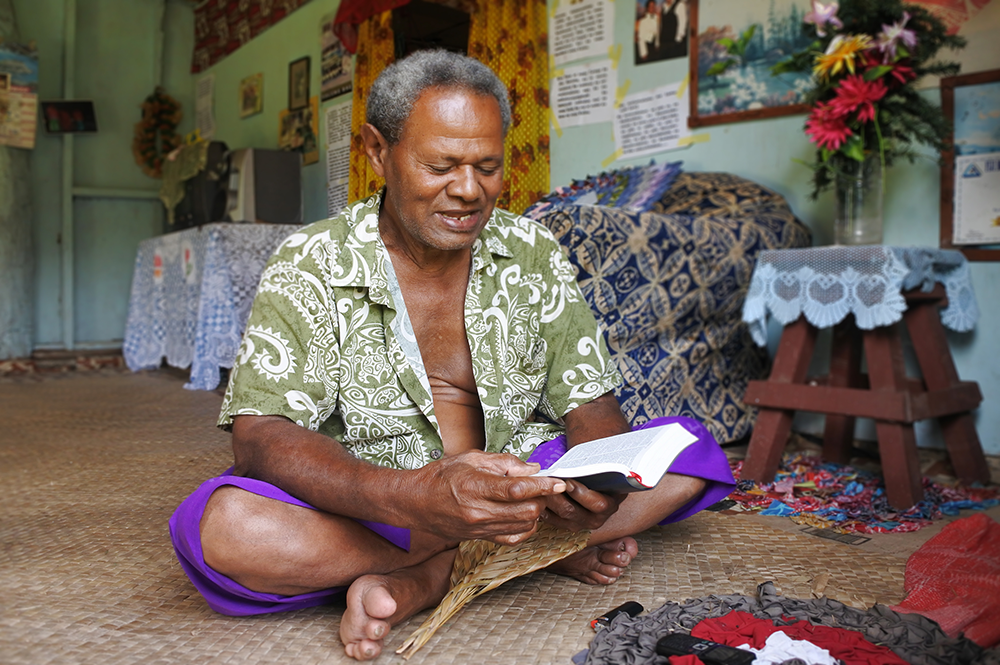
What do you do when a family member is diagnosed with dementia?
This is a question more Pacific families are having to face.
Though they remain a youthful group — almost half of Aotearoa’s Pacific people are under 20 — its population is also ageing at a relatively fast clip too. Not only will more Pacific people suffer from dementia in the next few decades, but there is also the suggestion that they may be experiencing cognitive impairments at younger ages than New Zealand Europeans.
The project, ‘Exploring the Needs of Pacific Families Affected by Age-Related Cognitive Impairment’, was jointly funded by Ageing Well and Brain Research New Zealand. It sought to examine the services available to support Pacific families looking after a loved one with dementia.
Principal Investigator Professor Pauline Norris, of the University of Otago, sought to discover what are Pacific families’ “unmet needs”—that is, when health and social service assistance is inadequate or absent – when dealing with the fallout of dementia.
In Pacific communities, older people play a key role as leaders in language and culture for their extended family and beyond. Yet, healthcare providers and support services indicated the needs of aged Pacific people experiencing cognitive decline are not being met.
The research showed that there were three main areas of concern: accessing services, getting a diagnosis, and communication/language.
What the study discovered was that many Pacific people experienced a lack of information and therefore access to services. The diagnosis was often made difficult by inconsistent access to general practitioners in lower socio-economic areas and long wait times. A lack of information in Pacific languages that incorporated a Pacific worldview made communication more difficult. There was also a lack of health workers across all sectors who spoke Pacific languages, and understood Pacific peoples’ cultural needs.
Dr Vanda Symon, Research Fellow with the University of Otago Centre for Pacific Health and researcher on this project, said there was also “a lack of awareness of the signs and symptoms of dementia”, therefore making it harder for family members to recognise what their loved one was experiencing.
“[The project] has really highlighted that there is a lot of need and that people’s needs are not being met for various reasons,” Dr Symon said.
By identifying the challenges facing Pacific peoples navigating the health care sector, changes can be made to ensure greater accessibility, communication, and support as they help their loved ones navigate life with dementia.
Read the recent Otago Daily Times article about the project.
Read the article about the research from our Celebration Book here or in the PDF reader below.
2021-Celebration-Book-Norris